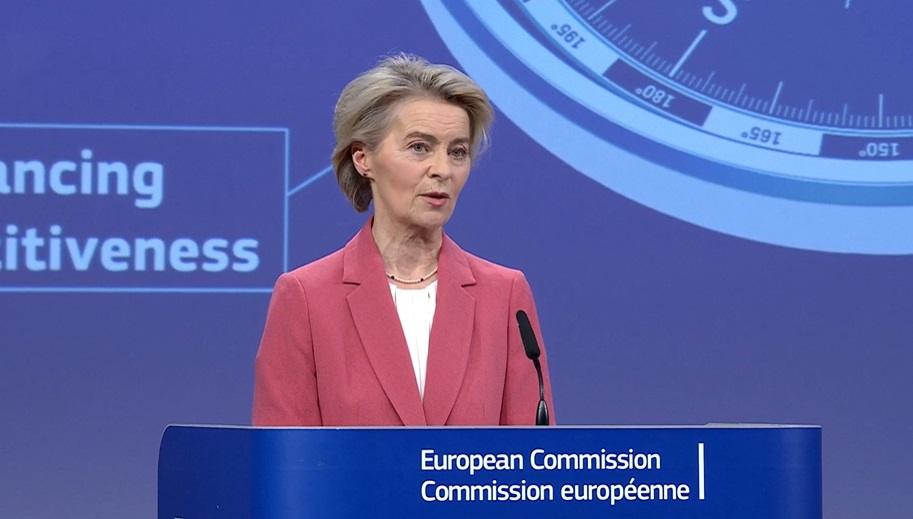Canada Invests $350 Million in Sustainable Aviation Technology
The Government of Canada announced an investment of C$350 million (USD$265 million) to support the newly launched Initiative for Sustainable Aviation Technology (INSAT), aimed at supporting research and development into sustainable aviation technologies, and accelerating the aerospace industry’s green transformation.
The aviation industry has come under scrutiny as a significant source of greenhouse gas (GHG) emissions, responsible for 2-3% of global emissions, with the vast majority of the sector’s footprint derived from fuel use.
Initiatives being pursued to address the climate impact of the industry typically involve efforts to improve aircraft efficiency, develop sustainable aviation fuels (SAF), or create aircraft utilizing low or zero carbon propulsion systems such as electric or hydrogen-based, although many of these are at early stages of development.
As efforts to decarbonize the industry pick up pace, opportunities to take the lead on the development of new green aerospace technologies are emerging as well, with countries now moving to capture the momentum. Canada’s announcement, for example, follows a pledge by French President Emmanuel Macron last week to invest €300 million per year through 2030 in technologies and low carbon fuels aimed at decarbonizing the aviation sector.
Canada’s Minister of Innovation, Science and Industry, François-Philippe Champagne, said:
“Our government is committed to making Canada a leader and a strategic partner of choice when it comes to sustainable aviation. Today’s $350 million investment to support the Initiative for Sustainable Aviation Technology will help drive and accelerate the green industrial transformation of Canada’s aerospace industry, generating high-value jobs while strengthening supply chains and supporting the transition to a net-zero economy.”
According to a government statement, the new INSAT investment will aim to establish a pan-Canadian, industry-led network, focused on funding R&D projects. The projects will target four key technology areas, including hybrid and alternative propulsion, aircraft architecture and systems integration, the transition to alternative fuels, and aircraft support infrastructure and operations.
The aerospace industry contributes nearly $27 billion to the Canadian economy, including exports of approximately $18.7 billion, and 210,000 jobs. Last year, the government released its “Aviation Climate Action Plan 2022–2030,” outlining its strategy to achieve net zero emissions by 2050 for the aviation sector, with the development and adoption of new green aerospace technologies as one of the planned actions.
INSAT Interim Chair Walter Di Bartolomeo said:
“Our mission is to coordinate and accelerate the development of sustainable aviation technologies in Canada—technologies in our products and services, for our OEMs, SMEs, airlines and airports, and in conjunction with adjacent sectors such as Transportation, Energy, and IT. INSAT is a key vehicle to strengthening Canada’s aerospace sector by supporting this cross-industry collaboration, IP generation, and talent development.”





